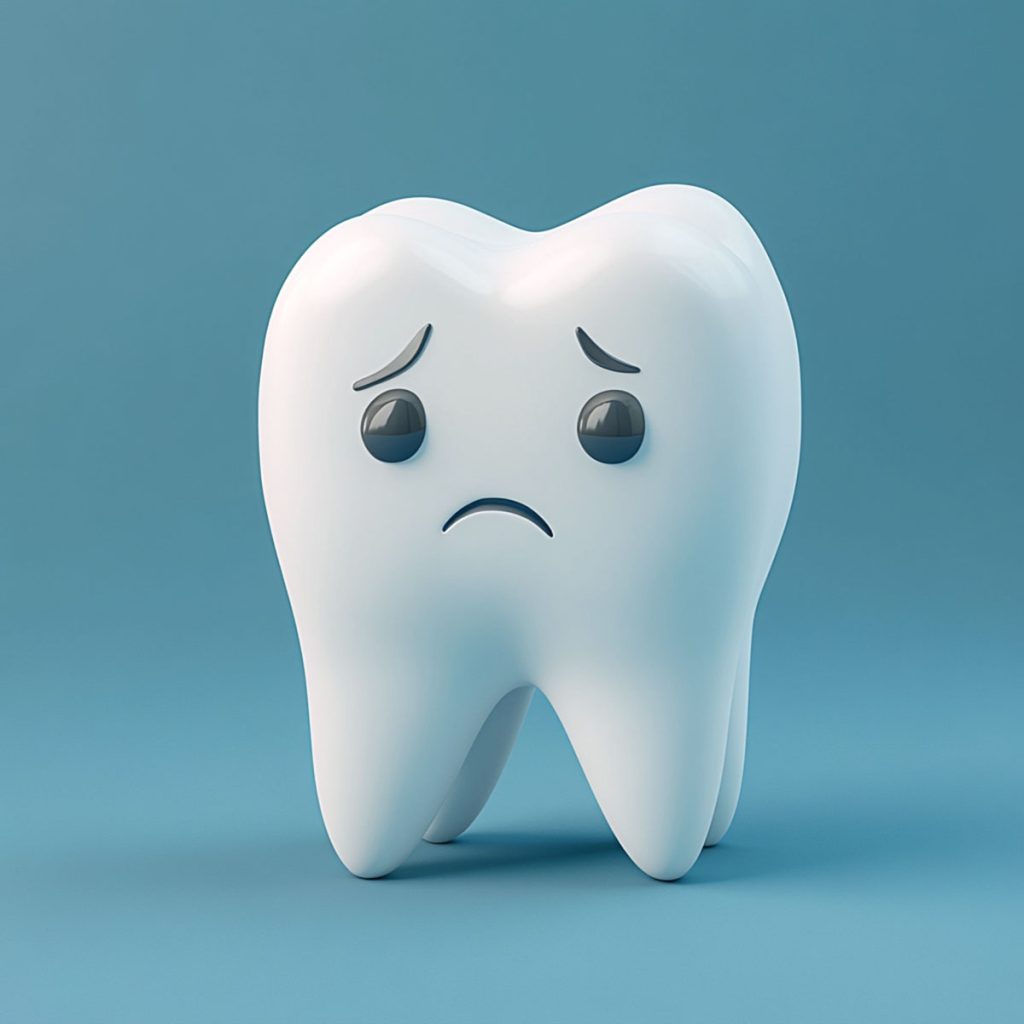If you’re experiencing any of these signs, don’t wait! Contact The Dental Anesthesia Center in St. Louis to schedule an appointment.
Wisdom teeth, also known as third molars, are the last set of molars that typically emerge during your late teens or early twenties. For many, these teeth grow in without issues, but wisdom teeth can become impacted for others, leading to a host of dental problems. Recognizing the signs of impacted wisdom teeth early can help you seek timely treatment and avoid complications.

Here are the top five signs you might have impacted wisdom teeth:
1. Persistent Pain or Discomfort
One of the most common signs of impacted wisdom teeth is persistent pain or discomfort in the back of your mouth. This pain can radiate to the jaw, ears, or even the head. The pressure caused by an impacted tooth pushing against surrounding teeth can exacerbate the discomfort, making it difficult to chew or talk comfortably.
- What to Do: Don’t ignore recurring pain. Schedule an appointment with your dentist to evaluate the source and recommend the best treatment.
2. Swelling or Redness in the Gums
If your wisdom teeth are impacted, you may notice swelling or redness in the gums around the affected area. In some cases, this swelling can extend to the jaw or face. The inflammation occurs as your body reacts to the irritation caused by the impacted tooth.
- What to Do: Rinse your mouth with warm salt water to reduce inflammation temporarily, and consult your dentist as soon as possible.
3. Bad Breath or Unpleasant Taste
Impacted wisdom teeth can create small pockets where bacteria can thrive between the gums and the tooth. This can lead to persistent bad breath or an unpleasant taste in your mouth, even after brushing and flossing.
- What to Do: Maintain good oral hygiene and use antibacterial mouthwash to manage bacteria buildup. However, professional dental care is essential to address the root cause.
4. Difficulty Opening Your Mouth
If your wisdom teeth are impacted, they may cause stiffness or difficulty when opening your mouth. This can happen due to inflammation or irritation of the jaw muscles and joints (a condition known as trismus). Over time, the limited mobility can make eating or speaking more challenging.
- What to Do: Avoid forcing your mouth open, and seek immediate dental advice if the stiffness persists or worsens.
5. Crowding or Shifting of Other Teeth
As impacted wisdom teeth attempt to emerge, they can exert pressure on adjacent teeth. This pressure may cause your other teeth to shift or become crowded, affecting your bite and the alignment of your teeth.
- What to Do: If you notice any changes in your smile or the alignment of your teeth, consult your dentist. Orthodontic treatment may be necessary after wisdom tooth extraction to correct alignment.
Why Early Diagnosis is Key
Ignoring the signs of impacted wisdom teeth can lead to serious complications, including infections, cysts, or damage to nearby teeth. Regular dental check-ups and X-rays are critical for identifying potential issues early.
The Dental Anesthesia Center specializes in gentle, patient-centered care, including wisdom teeth extractions. We offer sedation dentistry for those who experience dental anxiety to ensure a comfortable and stress-free experience.
